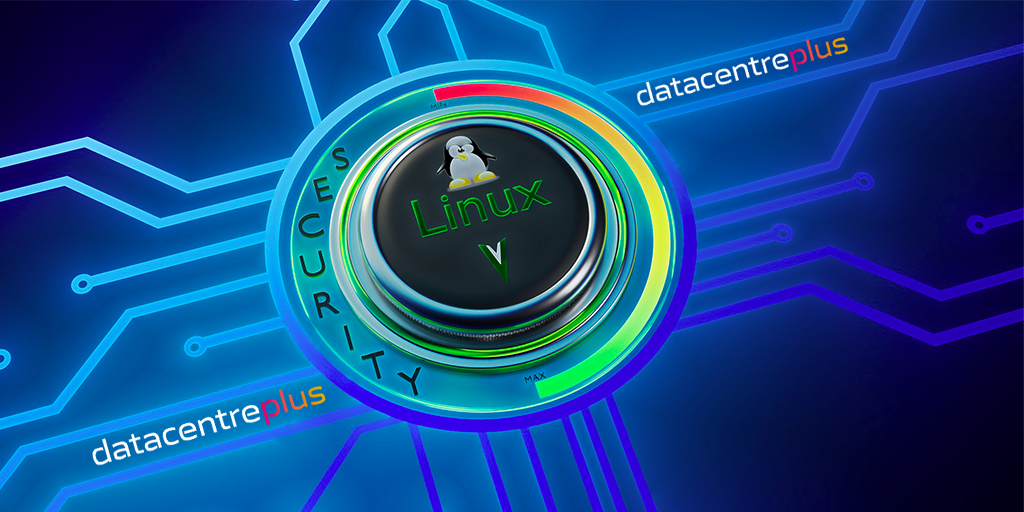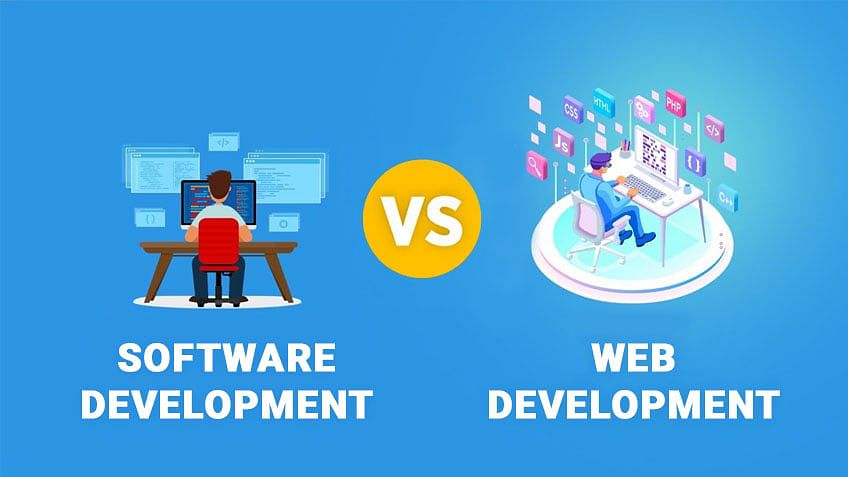In today’s digital landscape, businesses require both uncompromising performance and the freedom to customize their online presence. Shared hosting solutions often fall short, offering limited resources and restrictive configurations. This is where Linux Dedicated Servers step in, unlocking a world of possibilities for those seeking control, power, and flexibility.
What are Linux Dedicated Servers?
Imagine having a powerful computer exclusively dedicated to your website or application. That’s essentially what a Linux dedicated server offers. You rent exclusive access to physical hardware equipped with your chosen configuration, running the robust and versatile Linux operating system. Unlike managed options, where the management responsibility lies with your provider, you have complete control over the server environment, unlocking unparalleled possibilities.
Why Choose Linux?
Beyond its cost-effectiveness and open-source nature, Linux boasts several unique advantages that make it ideal for dedicated server environments:
- Stability and Security:Renowned for its reliability and robust security features, minimizing downtime and vulnerabilities, crucial for any business that values uptime and data protection.
- Performance:Delivers exceptional performance due to its lightweight nature and efficient resource management, ensuring your website or application runs smoothly even under heavy traffic.
- Wide Application Support:Runs a vast array of software and applications, catering to diverse business needs, from simple websites to complex databases and custom applications.
- Active Community:Backed by a large and active community, providing extensive support and resources, ensuring you always have access to help and information.
- Customization:With full root-level access, you can tailor the server to your exact needs, installing any software, configuring security settings, and optimizing performance precisely for your unique requirements.
Unlocking Potential: Key Benefits of Linux Dedicated Servers
- Unmatched Performance:Ditch the resource constraints of shared hosting. Dedicated servers boast superior processing power, RAM, and storage, ensuring peak performance for even the most demanding applications. Experience faster loading times, improved user experience, and increased conversions.
- Complete Customization:Craft the perfect server environment for your specific needs. Install any software, configure security settings, and optimize performance precisely for your unique requirements. Whether you need a specific database technology or complex security measures, you have the freedom to tailor the server to your exact needs.
- Root-Level Control:Take full charge of your server’s destiny. Manage users, access critical files, and implement custom security measures, all with root-level access. Empowering you to ensure that your server is configured exactly how you need it for optimal security and compliance.
- Enhanced Scalability:Easily scale your server resources up or down as your business grows. Add more RAM, storage, or processing power without migrating to a new server. This ensures you always have the resources you need to support your evolving business needs and keep up with increasing traffic or data demands.
- Cost-Effectiveness:While upfront costs might be higher than shared hosting, dedicated servers offer better value for money in the long run, especially for resource-intensive websites or applications. The increased performance, uptime, and control can significantly contribute to your business growth and ROI.
Is a Linux Dedicated Server Right for You?
The power and flexibility of Linux dedicated servers come with the responsibility of server management. Before diving in, consider these factors:
- Technical Expertise:Do you have in-house IT staff or a reliable partner with Linux server administration experience? If not, the learning curve and potential downtime can be significant.
- Time Commitment:Server management requires ongoing attention for updates, security patches, and troubleshooting. Are you prepared to dedicate the time and resources for these tasks?
- Budget:While cost-effective in the long run, upfront costs for hardware, software licenses, and potentially external server management might be higher than managed options.
Making the Most of Your Linux Dedicated Server:
If you’ve assessed your needs and have the technical know-how, here are some tips to maximize your Linux dedicated server experience:
- Choose the Right Hardware:Select components that align with your current and future resource demands. Consider factors like CPU cores, RAM size, and storage capacity.
- Secure Your Server:Implement robust security measures like firewalls, intrusion detection systems, and regular software updates to protect your valuable data and applications.
- Plan for Backups:Regular backups are crucial in case of data loss or hardware failures. Opt for automated backup solutions for added peace of mind.
- Monitor Performance:Utilize server monitoring tools to track resource usage, identify potential issues, and optimize performance for maximum efficiency.
- Seek Expert Help:If needed, don’t hesitate to partner with managed service providers for specific tasks like security audits or performance optimization.

 Unveiling the Truth Behind Blood Diamonds
Unveiling the Truth Behind Blood Diamonds  Unveiling the Finest Title Loans Against Jewellery: Melbourne’s Premier Gold Buyers
Unveiling the Finest Title Loans Against Jewellery: Melbourne’s Premier Gold Buyers  The Beauty and Brilliance of Lab Diamond Rings: A Guide to Claws and Settings
The Beauty and Brilliance of Lab Diamond Rings: A Guide to Claws and Settings  Linux Dedicated Servers: Unlocking Performance and Customization
Linux Dedicated Servers: Unlocking Performance and Customization  ECommerce Web Development and the Integration of Emerging Technologies
ECommerce Web Development and the Integration of Emerging Technologies  Why Politics and War Tops the List of Online Political Strategy Games
Why Politics and War Tops the List of Online Political Strategy Games  Scaling New Heights: How Low-Code Streamlines App Scalability and Performance
Scaling New Heights: How Low-Code Streamlines App Scalability and Performance  Why Live Action Explainer Videos are the Future of Marketing
Why Live Action Explainer Videos are the Future of Marketing  Web Software Development: Building Robust and Scalable Applications
Web Software Development: Building Robust and Scalable Applications 



